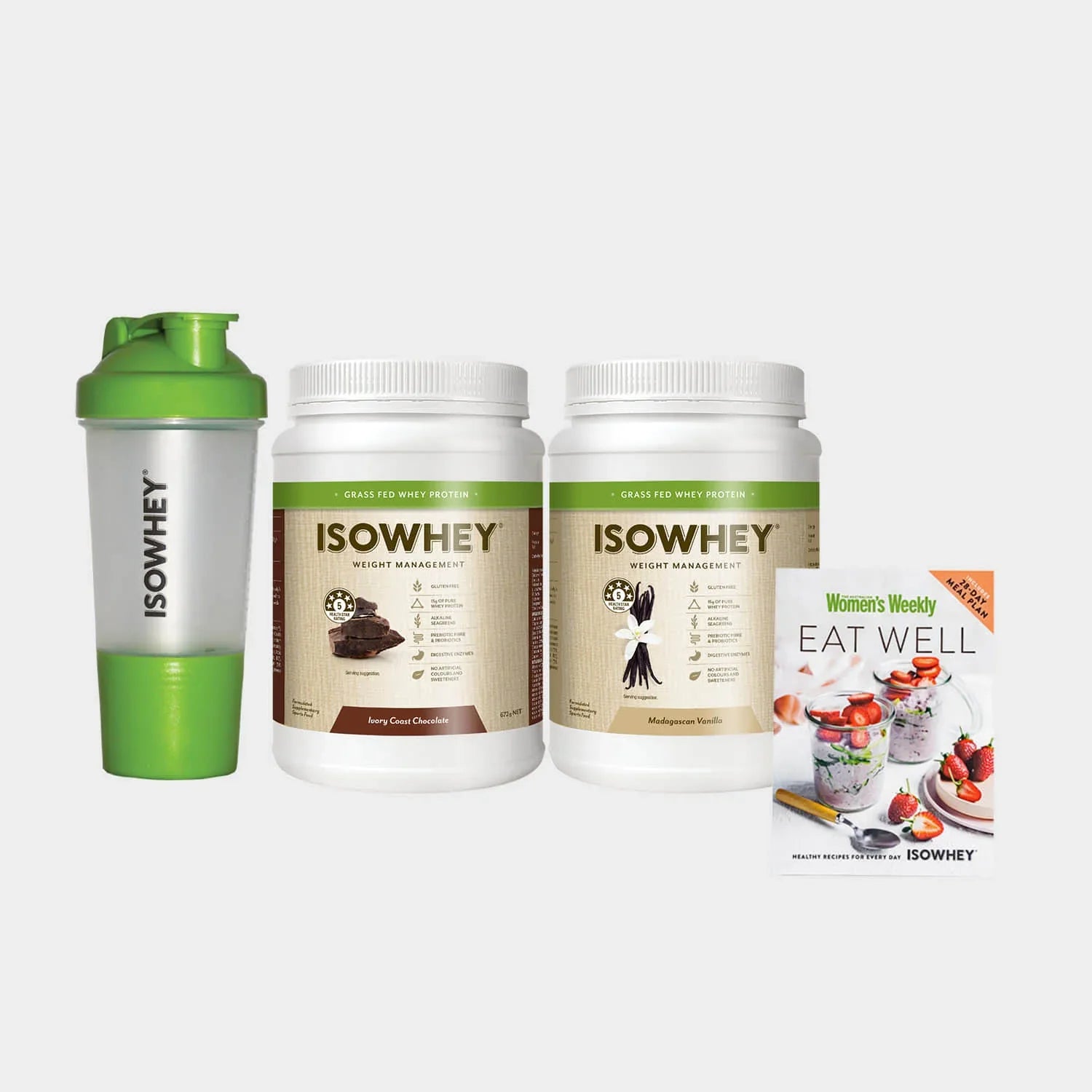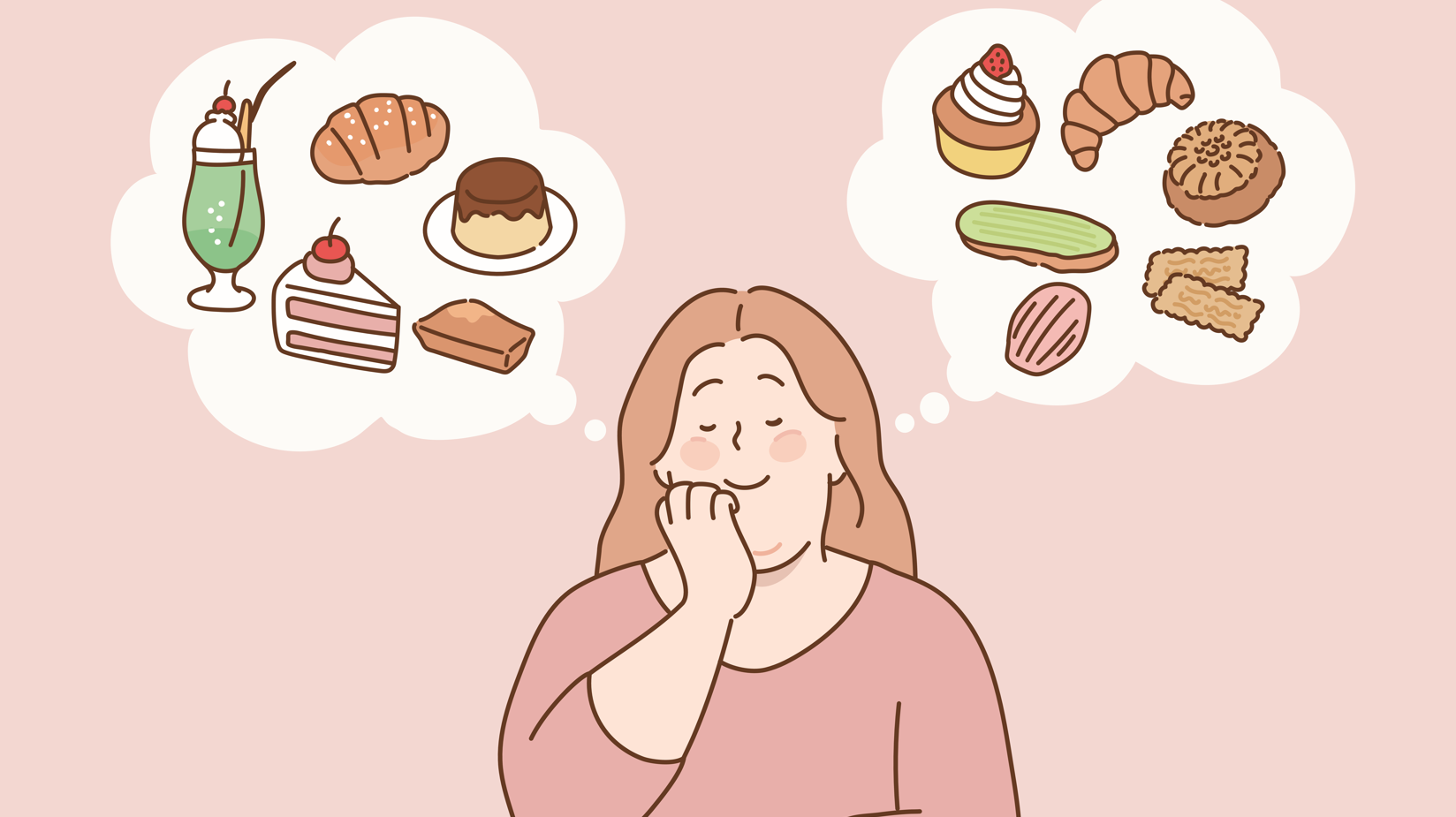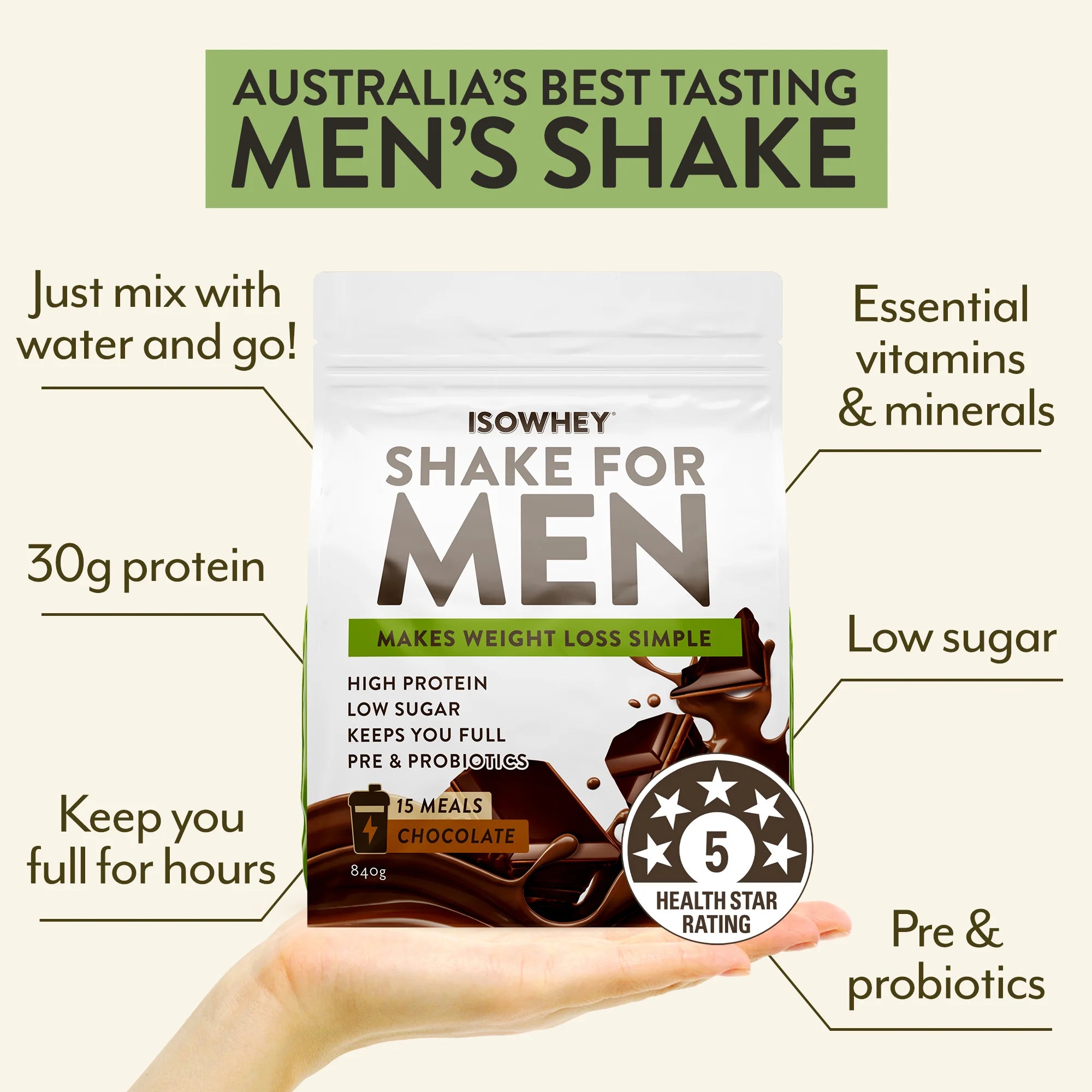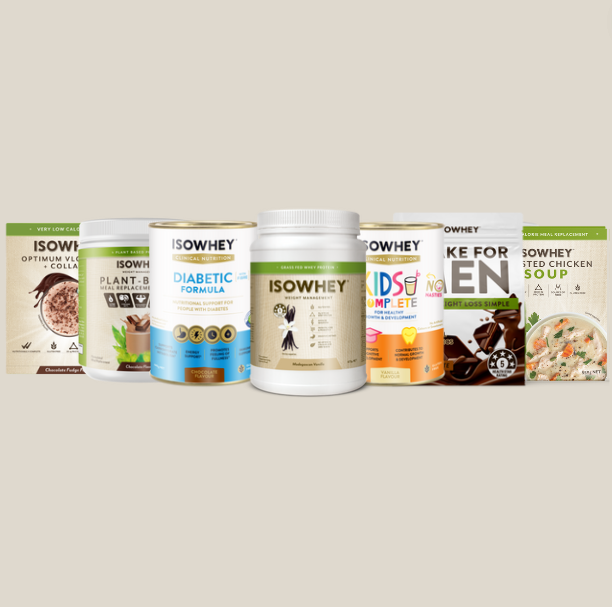Weight loss vs fat loss: What’s the difference?
Have you ever wondered what the difference between fat loss and weight loss is? A lot of people tend to think that losing weight means you’re losing fat but we’re here to tell you that’s not all it is.
When you lose weight, you’re losing muscle, water, and fat whereas fat loss refers to shedding purely excess fat from the body. When you’re losing weight, it can be hard to determine whether you’re losing fat, and during weight loss it is important to try and preserve as much muscle as you can.
Your weight can be classed into two different categories, lean mass, and fat mass. Most people who want to lose weight would be aiming to lose their fat mass.
Diets for fat loss
Low carb diets are recommended for fat loss. The reason low carb diets are so popular is because people drop weight quickly, however, the change in weight does not mean a drastic amount of fat mass lost. If you weigh yourself daily, you’ve probably noticed how even though you may have consumed less calories the day before, your weight has gone up the next morning. Your body weight will always fluctuate and there are many factors as to why that is. Some key factors are hormonal fluctuations, different amounts of dietary fibre and/or sodium intake and food mass sitting in your GI tract.
Unfortunately, the number on the scale won’t reflect your body fat percentage. Women tend to have a higher body fat percentage required for the reproductive system whereas men tend to have more lean muscle mass, leading to a lower body fat percentage. Remember, muscle weighs more than fat, so if you’re losing fat mass then your weight won’t drop as quickly as it would if you were losing muscle. It’s very important to eat a high protein diet and to keep your fluids up when you’re on a diet. A high protein diet decreases hunger and increase satiety, which means you’ll feel fuller for longer.
Visceral fat vs. Subcutaneous fat
Excess fat is stored in the body’s fat cells and the two most common types of fat that are spoken about are subcutaneous fat which is seen between the skin and the muscle, and visceral fat which is the fat surrounding the organs. These two types of fat are more responsible for health and the appearance of your body.
People tend to have more subcutaneous fat if they live a sedentary lifestyle, eat more calories than they burn daily and have little muscle mass, there are more factors, but it also comes back to genetics.
Visceral fat is stored in the abdominal cavity, and it surrounds some of your vital organs. This type of fat is found near your stomach, intestines, and liver. There are more health risks associated with visceral fat than subcutaneous fat, but it is required to protect the organs, however, too much visceral fat can have the opposite effect, strangling your organs.
How do I burn fat without losing muscle?
To lose fat, you must be in a caloric deficit, meaning you’ll have to burn more calories than you consume each day. When you’re in a caloric deficit, it forces your body to find a different source of energy and that alternative energy it burns ends up being mostly your stored body fat.
Unfortunately, you can’t exactly pick and choose which energy sources your body decides to burn but there are a couple of exercises that primarily focus on losing fat rather than muscle.
Cardiovascular exercise is very useful for fat loss, if you are exercising regularly and your goal is to lose fat, then aim to add cardio into your fitness routine. Some examples of good cardio workouts include:
- Swimming
- Aerobics
- Elliptical workouts
- Brisk walking
- Cycling
- Rowing
Some diet tips:
- Watch your calorie intake – you can’t lose weight without being in a caloric deficit
- Eat less carbs – your body turns carbohydrates into glucose, and it will burn that first instead of the fat you’ve eaten.
- Include more healthy fats in your diet – unsaturated fats are good for your health, and they will help keep you fuller than saturated fatty foods would. Examples of unsaturated or “good” fats include avocados, nuts & fatty fish.
How many calories should I eat?
A useful tool to determine how many calories a day you should eat is a BMR calculator. Depending on how much weight you would like to lose it will give you an estimate of how many calories you need to consume to lose weight and maintain it. You can find a free BMR calculator on our website at the bottom of the home page!
The main thing to remember is to not focus on what you read on the scale; it’s not going to be helpful if you are trying to determine if you are losing fat. Do cardio workouts regularly and keep your calorie intake down. We offer a free 8-week guided diet and exercise plan, if you’re looking for some inspiration or tips & tricks you can find it here.
Remember, your weight does not define your body fat percentage! So don’t be disheartened if your weight isn’t dropping as quickly as you’d like it to. Just keep pushing through and try to incorporate our recommended cardio exercises and diet tips.









